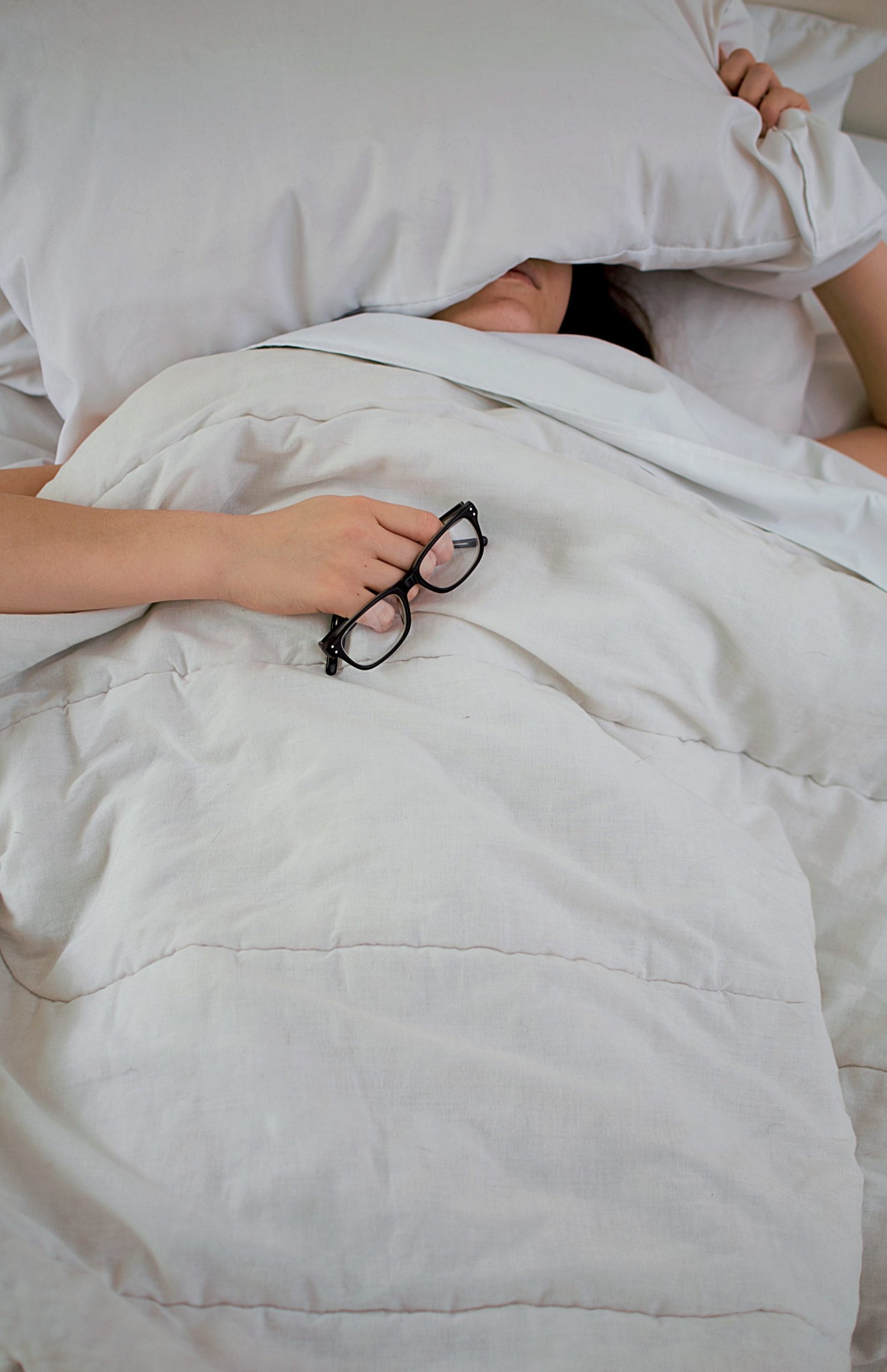How we sleep
A Study Adults Sleep Patterns across 12 countries confirmed that most of us do not get enough sleep*
On average 6.8 hours on a weeknight, 7.8 hours on a week end- both below the recommended 8 hours
80% of adults want to improve the quality of their sleep
67% wake up at least once in the night
63% sleep longer at the weekends
49% feel they get enough sleep
ONLY 10% say they sleep extremely well
What are people doing to try to help with sleep
In popularity order the ways adults around the world they to get. a better night's sleep are:
Reading (39%)
Watching TV , Soothing music, (37%)
Having a routine 30%
Reducing caffeine consumption (26%)
Meditation (23%),
Looking at the air quality in the bedroom and bedding (21%-23%)
Sleeping in a different rooms to a partner (21%)
Wearing an eye mask (20%)
3 ways I help my patients to improve sleep :
1) Wearing an eye mask is my number one top tip to improve sleep quality and duration for adults. Not only does it block the light ( obviously!) when used regularly it gives your mind a clear signal that you are switching off and ready for sleep.
As the sun creeps in earlier now on these brighter April mornings, this can encourage us to wake earlier than we want to and with all that is going on at the moment, our minds can very quickly move to things to do or worries about the day ahead.
Wearing a sleep mask can help you keep those peepers closed past sunrise and stay asleep longer.
2)Reducing caffeine consumption during the day is key- whilst people are working at home, reaching for another coffee or spot of tea is a natural break for the day and change to socialise with others in the house. Make sure you have some caffeine free alternatives and start to reach for these after around 1pm if you are having problems sleeping
3) TV
Whilst watching TV can give us a mental switch off, it can stimulate the light receptors in our brain thus actually making it harder to sleep. So mix it up, watch TV earlier in the evening or try a few nights without it if sleep is something you re keen to improve. Reach for a book instead.
Dr Clara Russell
*Raconteur ‘How the World Sleeps’









